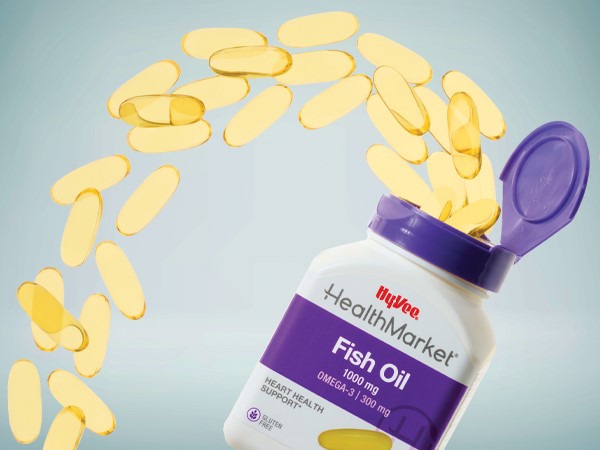Description
Dietary supplements contain nutrients that your body needs to stay healthy. Vitamins and minerals are some of the most common, but supplements can also include herbs, protein, amino acids, enzymes, and more. Eating a healthy and balanced diet can help your body get enough of these essential nutrients, but dietary additives can help make up the deficit when necessary. Find the supplements below (and even more) in your local Hy-Vee HealthMarket department.
Have more questions about dietary supplements like vitamins and minerals? We always recommend talking to your doctor, physician, or a registered Hy-Vee Dieititan before incorporating into your routine.
Vitamin A
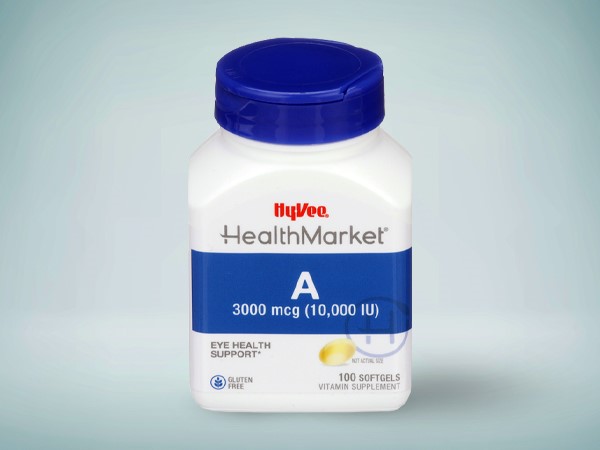
What it Does: Keeps skin and eyes healthy and supports the immune system and bone growth.
Where it's Found: Green, orange, and yellow vegetables; dairy products; fruits such as mangoes and cantaloupe.
Daily Value: 700-900 mcg.Vitamin B6
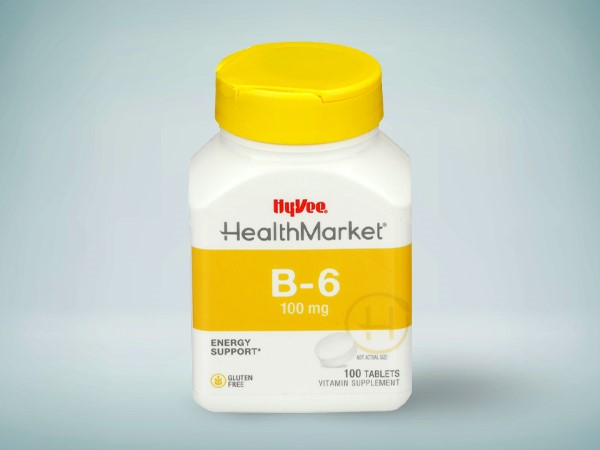
What it Does: Helps make red blood cells and supports cognitive and immune health.
Where it's Found: Fruits such as bananas and watermelons, meat, fish, poultry, tofu, and soy products.
Daily Value: 1.3-1.7 mgVitamin B7 (Biotin)
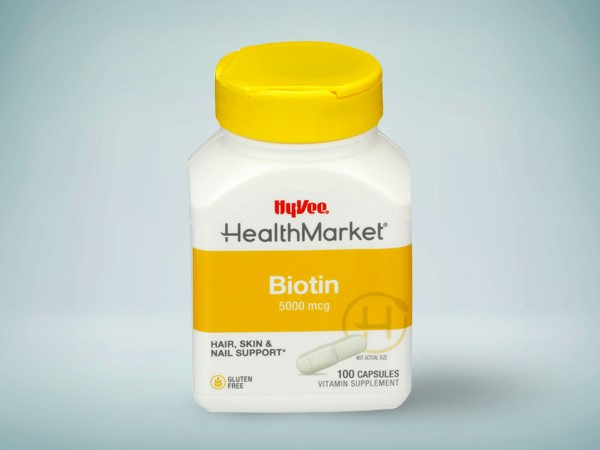
What it Does: May help support healthy hair, skin, and nails.
Where it's Found: Nuts and seeds, eggs, salmon, avocados, sweet potatoes, and pork.
Daily Value: 30-35 mcgVitamin B9 (Folic Acid)
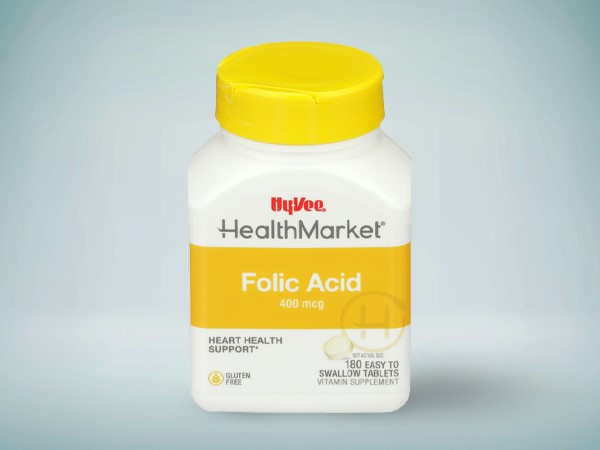
What it Does: Helps form DNA and RNA, produces red blood cells, and supports fetal development.
Where it's Found: Fresh fruits and fruit juices, dark green leafy vegetables such as spinach, beans, whole grains. eggs, and seafood.
Daily Value: 400-600 mcg.Vitamin B12
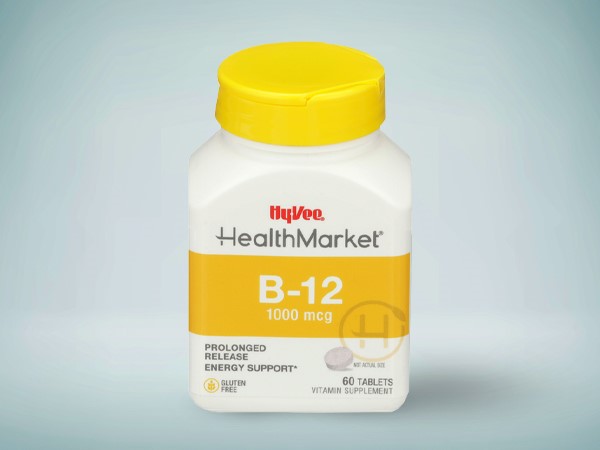
What it Does: Helps protect nerve cells and assists in breaking down fatty acids.
Where it's Found: Meat, poultry, and fish; eggs; cheese; milk; fortified cereals, and soy milk.
Daily Value: 2.4 mcgVitamin C
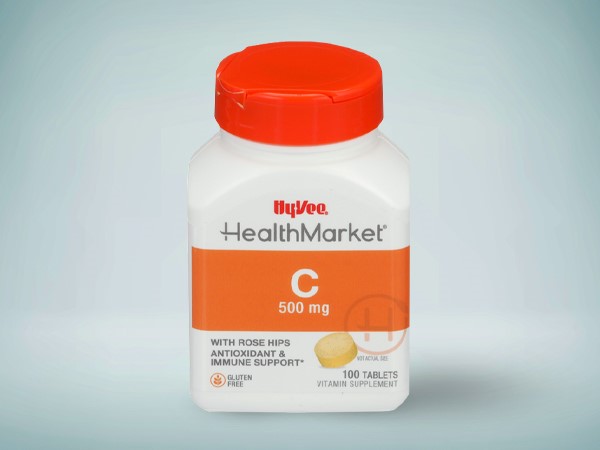
What it Does: Acts as an antioxidant and boosts the immune system.
Where it's Found: Fresh fruits and fruit juices, broccoli, bell peppers, spinach, and tomatoes.
Daily Value: 75-90 mgVitamin D
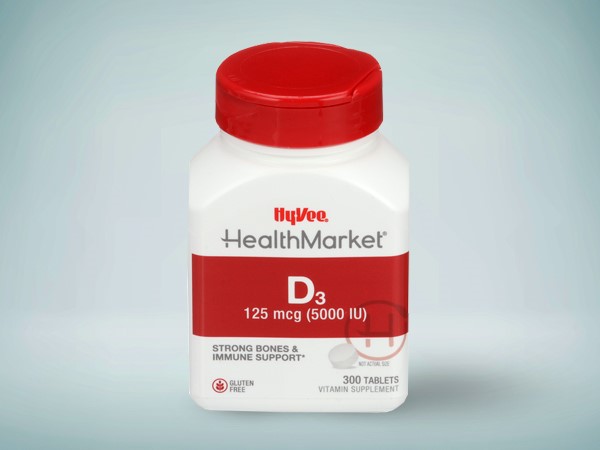
What it Does: Helps form and strengthen bones and teeth.
Where it's Found: Fortified milk and cereals, fatty fish such as salmon.
Daily Value: 15-20 mcgVitamin E
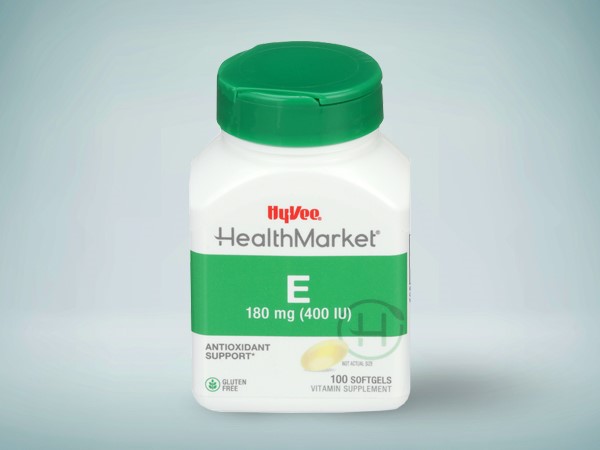
What it Does: Acts as an antioxidant and neutralizes unstable cells.
Where it's Found: Leafy green vegetables, whole grains, nuts, vegetable oils.
Daily Value: 15 mgVitamin K
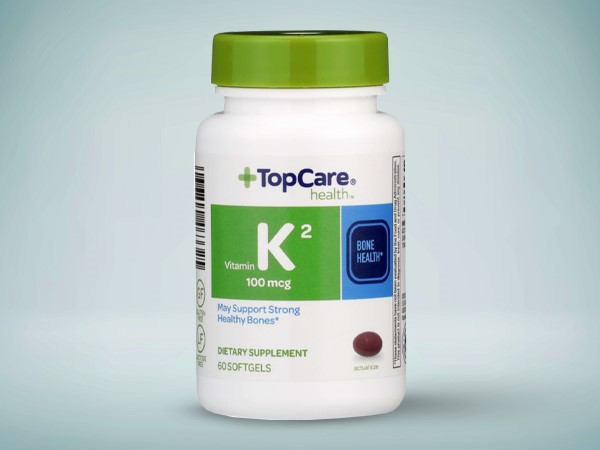
What it Does: Helps activate minerals needed for blood clotting.
Where it's Found: Green vegetables such as kale, spinach, and broccoli; eggs; milk.
Daily Value: 90-120 mcgCalcium
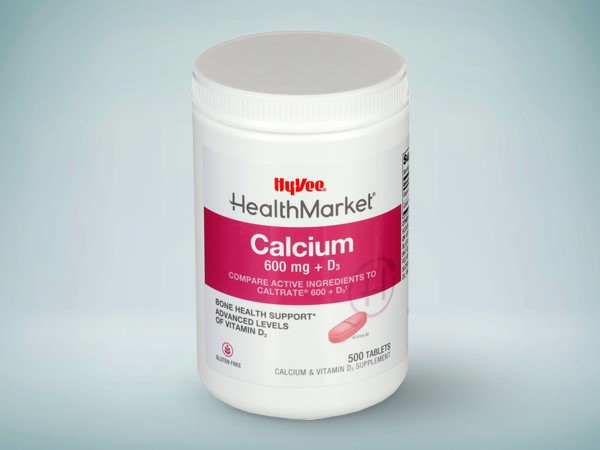
What it Does: Helps maintain healthy blood pressure and strengthens bones and teeth.
Where it's Found: Leafy green vegetables such as broccoli and kale, yogurt, cheese, milk, tofu, and salmon.
Daily Value: 1000-1200 mgIron
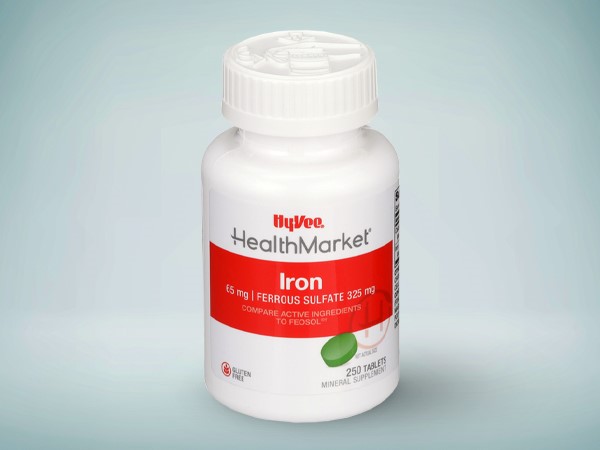
What it Does: Helps muscle and red blood cells carry and deliver oxygen.
Where it's Found: Red meat, poultry, eggs, fruits, green vegetables, fortified bread, and grains.
Daily Value: 8-18 mgMagnesium
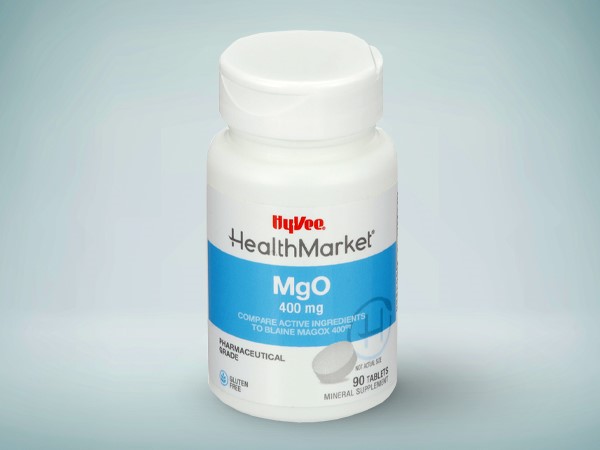
What it Does: Helps calcium regulate blood pressure and clot blood.
Where it's Found: Green vegetables, whole wheat bread, some nuts and seeds, halibut, and milk.
Daily Value: 320-420 mgPotassium
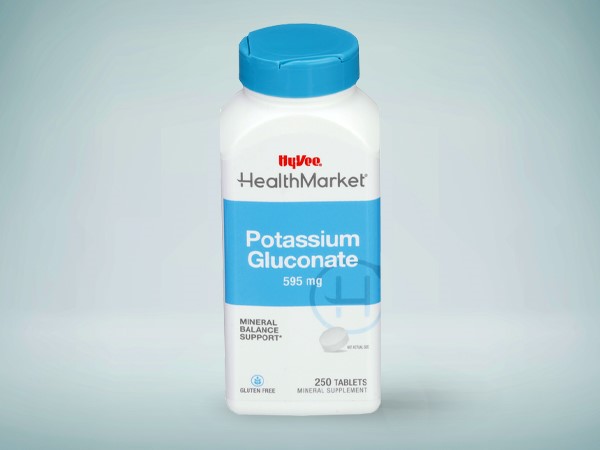
What it Does: Regulates heartbeat, muscle, and nerve function.
Where it's Found: Fruits and vegetables, meat, milk, grains, and legumes.
Daily Value: 4.7 gSelenium
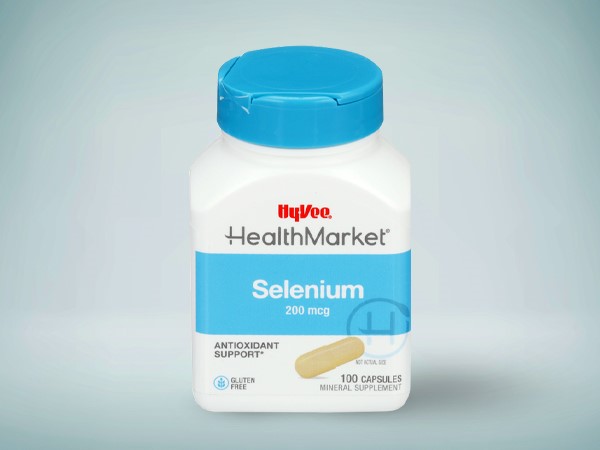
What it Does: Acts as an antioxidant and helps to regulate thyroid and hormone functions.
Where it's Found: Seafood, walnuts, grain products, some plant-based sources.
Daily Value: 55 mcgZinc
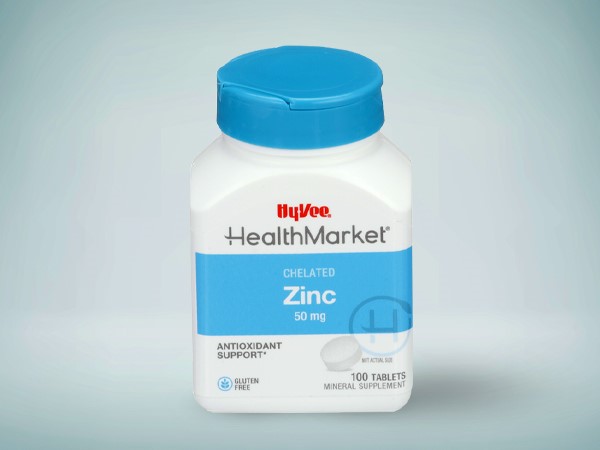
What it Does: Assists in forming new cells, enzymes, and proteins.
Where it's Found: Red meat; poultry; some seafood, including oysters; beans; nuts.
Daily Value: 8-11 mg
